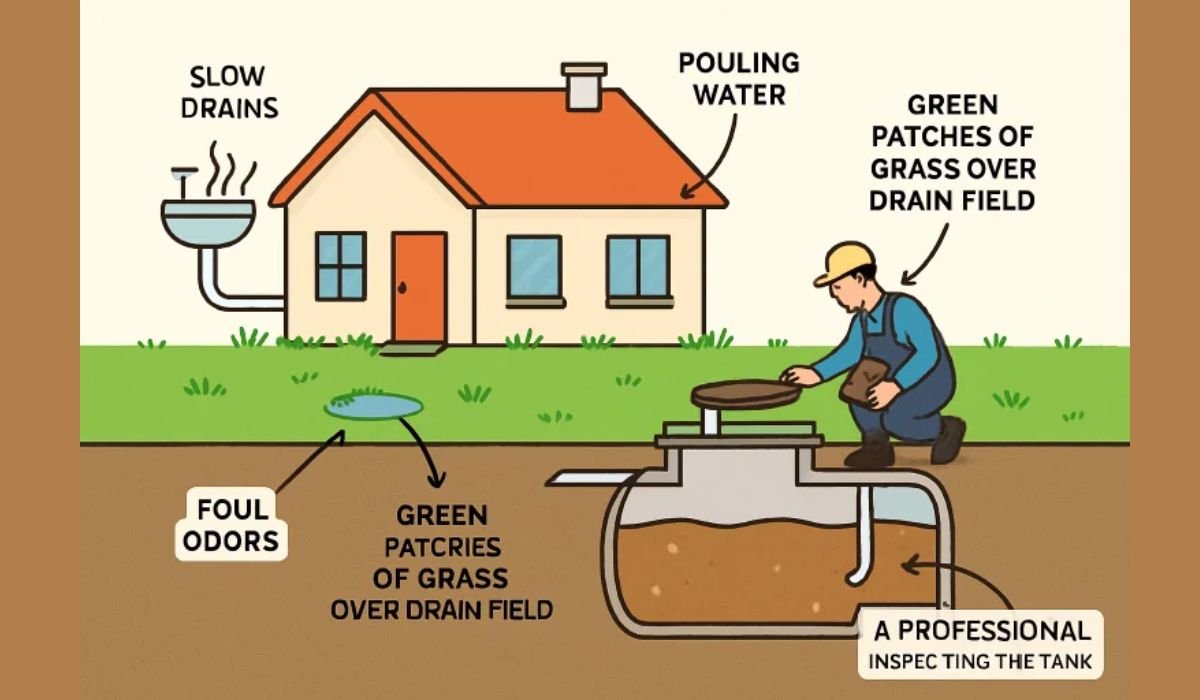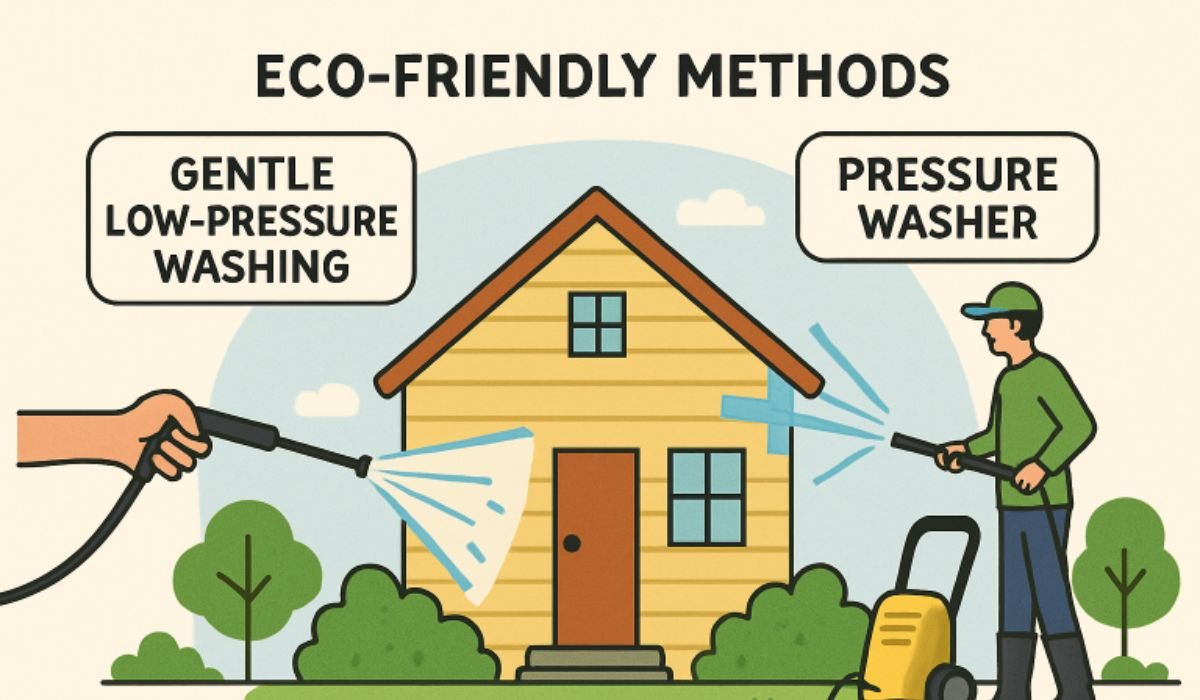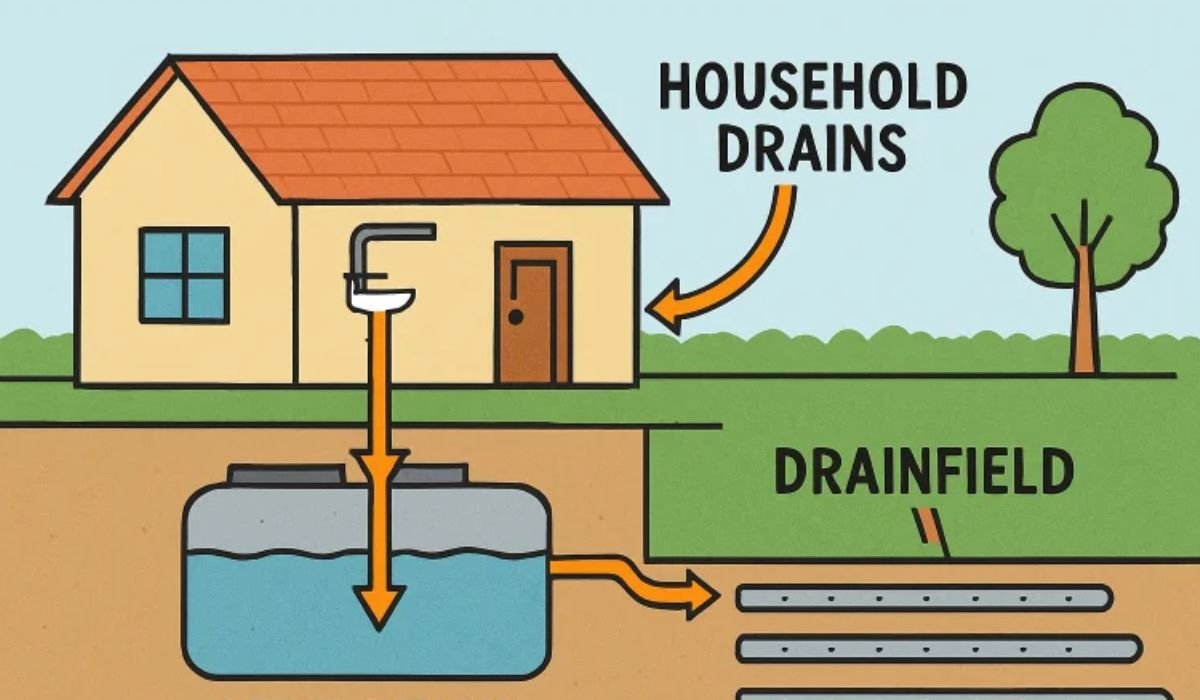Energy efficiency, considerable cost savings, enhanced comfort, better air quality, and increased property value are some of the many benefits of a residential heating system. Whether you’re looking for your first heating unit or replacing your current one, this article can help you choose the most suitable heating system for your home.
Types of Heating Systems
To ensure you secure the perfect heating system for your home, you must first learn about all your options. Explore the different types of residential heating systems and weigh their pros and cons. The most common ones are boilers and furnaces, while heat pumps and radiant heating systems are viable alternatives.
Factors to Consider
When choosing a heating system, you must consider critical factors such as your climate, house size, budget, and heating needs. What’s the size and layout of your home? How many occupants do you have? Do you live in a warm or cold region? Your heating system must suit your home’s size to ensure it performs impeccably. The larger your house, the higher capacity your heating system should be.
Your location’s weather and climate conditions are integral to selecting the right home heating system. A central heating system such as boilers and furnaces are ideal for regions with extremely cold climates, as they can provide consistent and sufficient heat throughout your home. Investing in heat pumps or other heaters with high energy efficiency is recommended in places with relatively warm climates.
Budget is another crucial factor you must consider. Radiant heating systems and heat pumps generally have higher upfront costs but will prove to be more cost-effective in the long run. On the other hand, furnaces have lower upfront costs than their counterparts, but the long-term operational costs can be more expensive, especially if the costs of natural gas and electricity in your location rise.
Energy Sources and Efficiency
Heating systems use different energy sources. Fossil fuels, electricity, biomass, geothermal, oil, and solar are some of the commonly used. You must be aware of what energy source your preferred heating system utilizes, as they vary in availability and cost.
For example, selecting electric heating systems is not ideal if you live in an area with comparatively costly electricity. Moreover, you need to be mindful of your heating system’s environmental impact. Investing in an energy-efficient unit will not only lower your utility bills but also reduce your house’s carbon footprint.
Professional Installation and Maintenance
Professional installation and regular servicing are fundamental to ensuring system longevity and optimal performance. In addition to searching for the right heating system for your home, you also need to look for a trusted contractor in your area providing quality heating installation services.
In addition to seeking referrals from friends, family, and neighbors, you should also check your local community’s website and social media channels. Make sure your preferred contractor is licensed and certified and offers excellent customer service.
Endnote
Every homeowner must invest in an effective home heating system. By following these vital tips and seeking expert guidance, you can efficiently secure the right heating system for your home’s heating needs.











